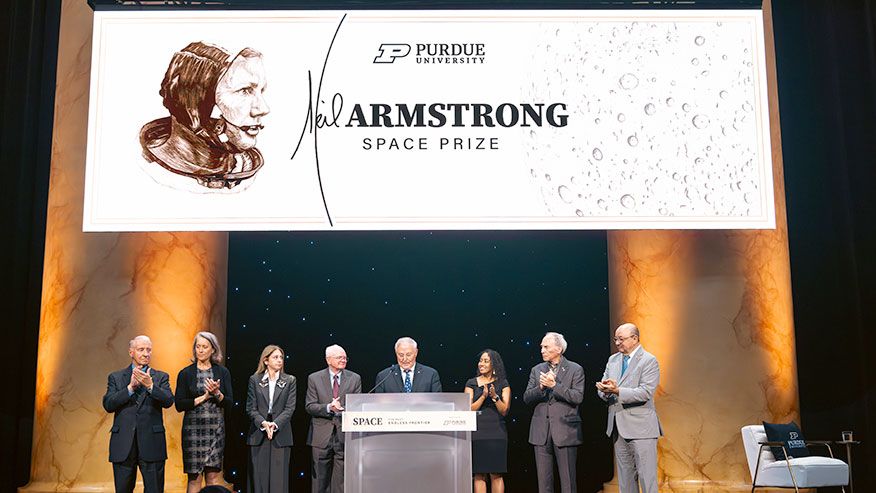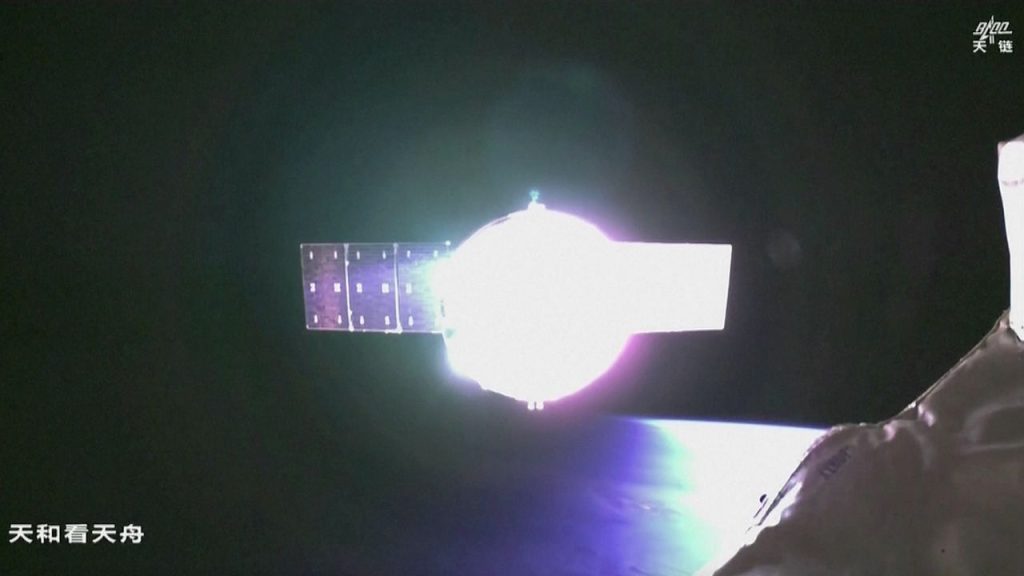Now Reading: Human Teens Triumph Over AI in Global Math Competition
-
01
Human Teens Triumph Over AI in Global Math Competition
Human Teens Triumph Over AI in Global Math Competition

Rapid Summary
- AI models from Google and OpenAI achieved gold-level scores at the International mathematical Olympiad (IMO), solving 5 out of 6 problems with a score of 35/42.
- The IMO, held in Queensland, Australia, featured participation from 641 human contestants aged under 20 representing 112 countries.
- Only about 10% of human competitors earned gold medals this year; five teens achieved perfect scores across all six problems.
- Notably, AI’s solutions were praised for their clarity and precision by IMO graders, as per comments from IMO president Gregor Dolinar.
- Google’s DeepMind showed improvement since last year when it earned a silver medal after slower calculations that took days rather than the competition’s strict time limit of 4.5 hours.
- Concerns remain over AI energy requirements: developing and deploying such models involves meaningful environmental costs and reliance on potentially expanding fossil fuel sources.
Indian Opinion Analysis
The achievement of AI models at the International Mathematical Olympiad demonstrates remarkable strides in computational reasoning but also highlights persistent limitations. While excelling in structured problem-solving within set parameters-a reflection of advancing programming ingenuity-the inability to achieve perfect scores alongside persisting mathematical inaccuracies suggests that these systems are still far from replacing skilled human intelligence. Moreover, the use case serves as a reminder that technological growth may come with considerable environmental costs unless significant progress is made toward lasting energy solutions.
These advancements hold relevance for India as it continues pushing toward competing globally in artificial intelligence research while supporting talent in mathematics through high-stakes contests like its own domestic olympiads. India’s strategy regarding balancing innovation with ethical technological rollout must account for such dual implications-both celebrating advancements while critically addressing sustainability concerns tied to scaling emerging technologies requiring vast data-processing resources.




























